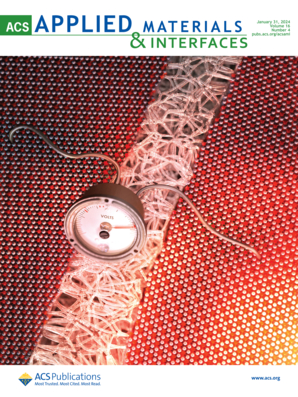消费者信任:50 年经验研究的元分析
IF 8.3
2区 材料科学
Q1 MATERIALS SCIENCE, MULTIDISCIPLINARY
引用次数: 4
摘要
信任是消费者研究中非常重要的概念之一;然而,在信任的前因、后果和调节因素的相对强度方面,却明显缺乏概括和共识。为了填补这一重要空白,目前的研究报告对消费者信任的各种前因、后果和调节因素及其相对重要性进行了全面的大规模荟萃分析。这些经验性概括基于 549 项研究中的 2,147 个效应大小,涉及多个学科的 469 篇手稿,代表了五十年间(1970-2020 年)71 个国家的 324,834 名受访者。因此,研究的主要发现是:(1) 基于诚信(相对于基于可靠性)的先决条件在推动信任方面更为有效;(2) 信任在改善主要是态度方面(相对于主要是行为方面)的结果方面更为有效。调节分析进一步揭示了异质性。值得注意的是,近年来,基于诚信和基于可靠性的先决条件已成为消费者信任的更强驱动力。除了提出重要的未来发展方向之外,还讨论了理论和实践方面的贡献。本文章由计算机程序翻译,如有差异,请以英文原文为准。
Consumer Trust: Meta-Analysis of 50 Years of Empirical Research
Trust is one of the highly important concepts of consumer research; yet it is characterized by a striking lack of generalizations and consensus regarding the relative strength of its antecedents, consequences, and moderators. To close this important gap, the current research reports a comprehensive large-scale meta-analysis shedding light on a wide variety of the antecedents, consequences, and moderators of the individual consumer’s trust and their relative importance. Empirical generalizations are based on 2,147 effect sizes from 549 studies across 469 manuscripts in numerous disciplines, representing a total of 324,834 respondents in 71 countries over a five-decade span (1970–2020). The key findings are thus that (1) integrity-based (vs. reliability-based) antecedents are more effective in driving trust, and (2) trust is more effective in improving primarily attitudinal (vs. primarily behavioral) outcomes. Moderation analyses unpack further heterogeneity. Notably, both integrity-based and reliability-based antecedents have become stronger drivers of consumer trust in recent years. Theoretical and practical contributions are discussed in addition to advancing important future directions.
求助全文
通过发布文献求助,成功后即可免费获取论文全文。
去求助
来源期刊

ACS Applied Materials & Interfaces
工程技术-材料科学:综合
CiteScore
16.00
自引率
6.30%
发文量
4978
审稿时长
1.8 months
期刊介绍:
ACS Applied Materials & Interfaces is a leading interdisciplinary journal that brings together chemists, engineers, physicists, and biologists to explore the development and utilization of newly-discovered materials and interfacial processes for specific applications. Our journal has experienced remarkable growth since its establishment in 2009, both in terms of the number of articles published and the impact of the research showcased. We are proud to foster a truly global community, with the majority of published articles originating from outside the United States, reflecting the rapid growth of applied research worldwide.
 求助内容:
求助内容: 应助结果提醒方式:
应助结果提醒方式:


